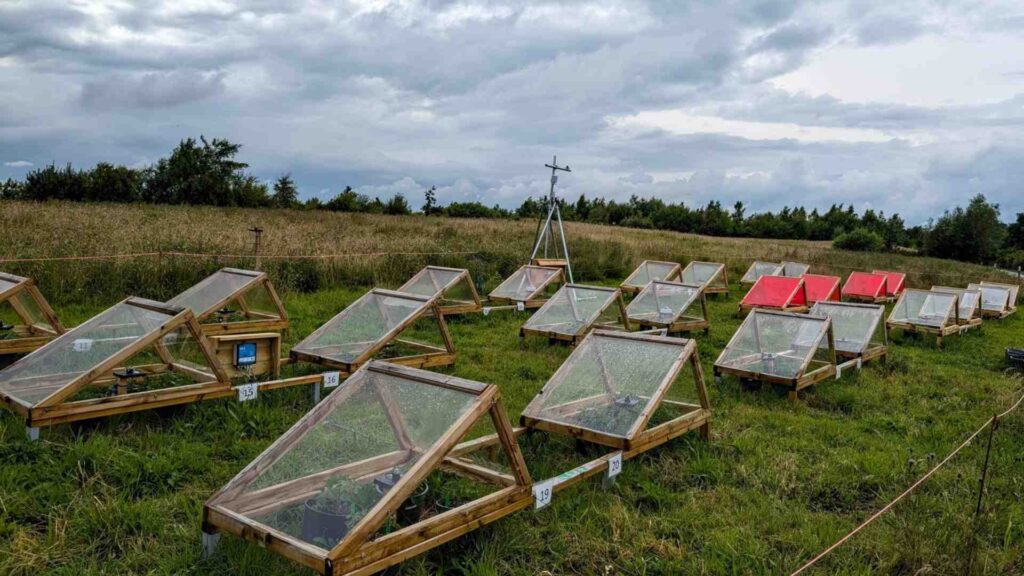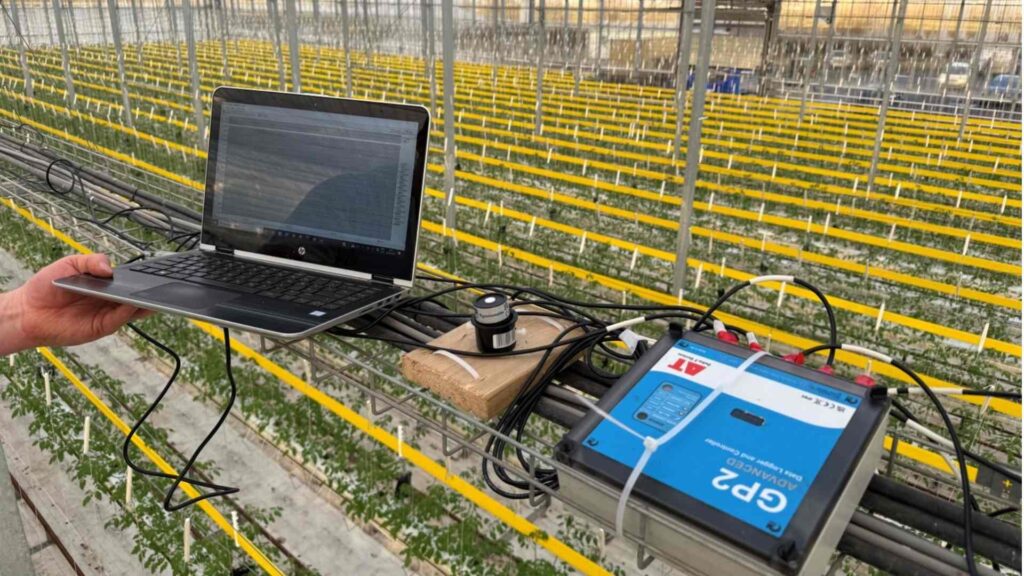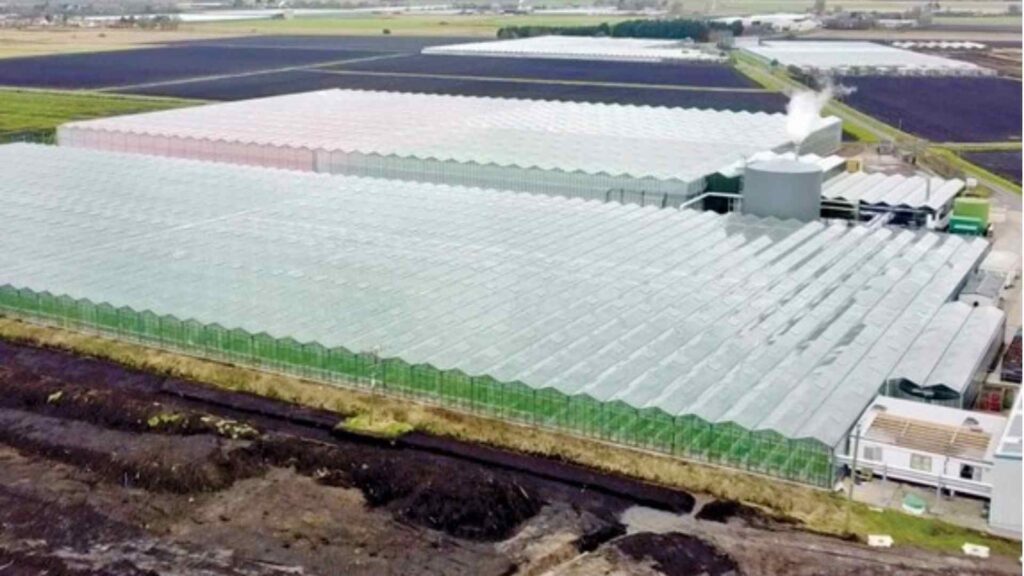GIC Case Studies

We have been running several crop trials to test new coating materials for the greenhouse sector together with Pilkington (NSG – Group) and Renolit. The testing involves proof-of-concept testing using custom-built mini-greenhouses.

We have also been working on greenhouse improvement. This works includes our partner Flavour Fresh’s facilities in Southport, where we help them to identify microclimate differences between growing bays. We monitor crop performance, to better understand yield optimisation within greenhouses.

Further, we’ve worked directly with councils. The work the GIC does has been included in the 2025-2035 Lancashire Growth Plan and is a key priority for the region. GIC partners are working with councils to strengthen the UK horticulture sector, improving supply chains and training the next generation of growers and plant scientists.
For example, led by the GIC, a recent PhD studentship programme application was submitted to BBSRC, which involved the collaborative work of over 40 academics, 3 Integrated NHS Care Boards, 3 growers association and several companies.

GIC partners also undertake fundamental research to support growers and the government. This includes a recent initiative to map the entire greenhouse sector in Britain and to provide a first suitability planning map for greenhouse development in the Britain. The work will support the current government land planning strategy that was under consultation earlier in 2025.

The GIC is currently working with the council and local colleges to develop better access opportunities for students that have an interest in horticulture and plant science. If you are an educational provider and want to get involved, please get in touch.
We are also hosting industry funded student opportunities, which allows students to develop some essential skills in greenhouse horticulture. Skill training in the past has involved learning how to measure plant water loss, how to process plant tissue samples for enzyme analysis, scoring basic crop health parameters, using thermal imagery to assess crop canopy physiology and learning how to wire and use environmental sensors in greenhouses.